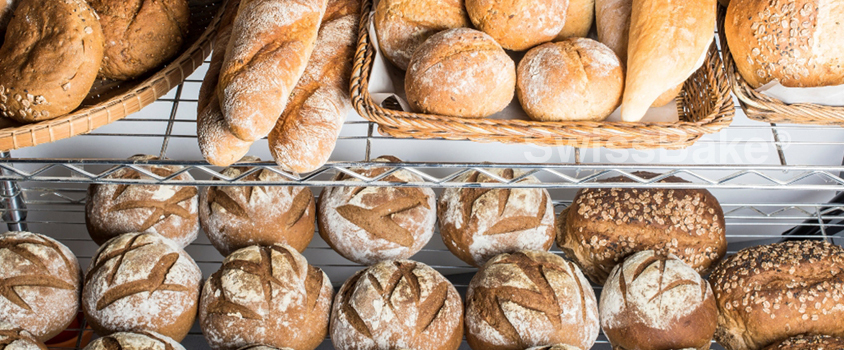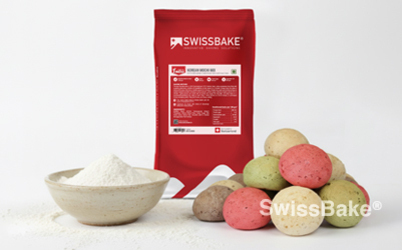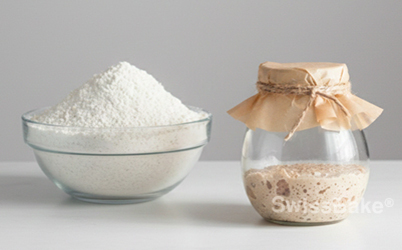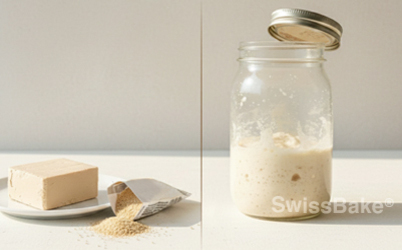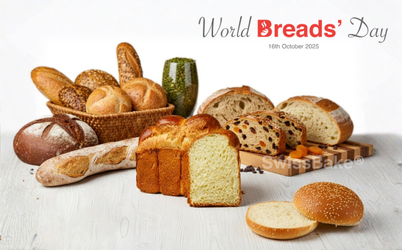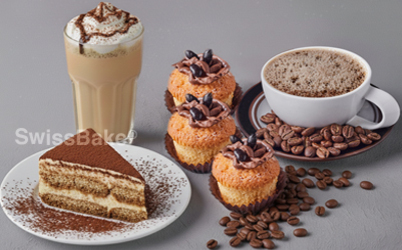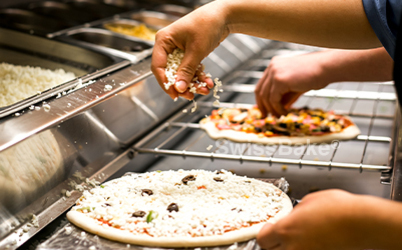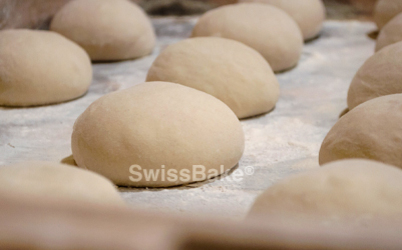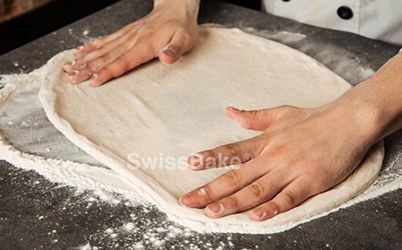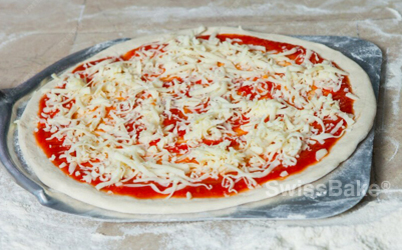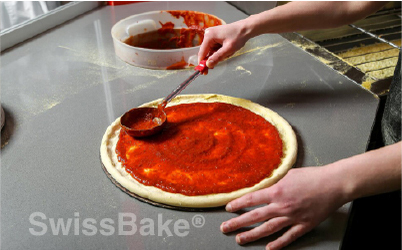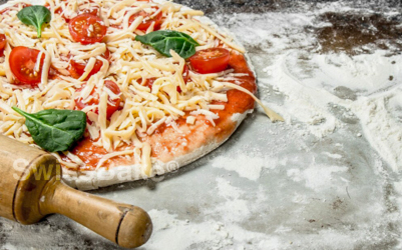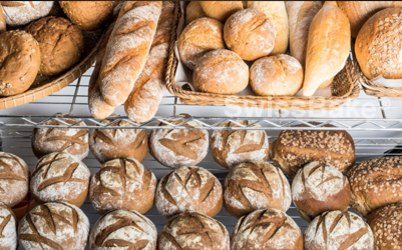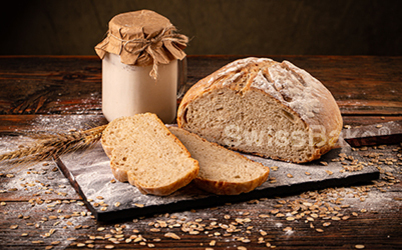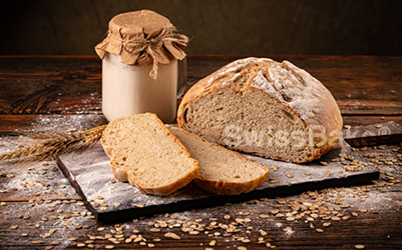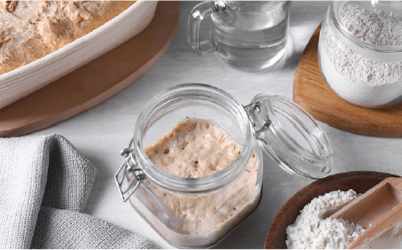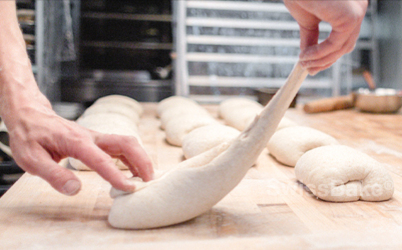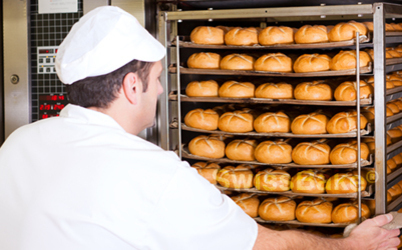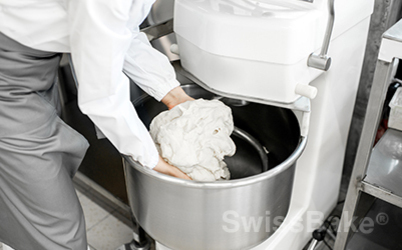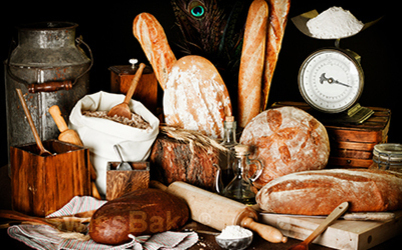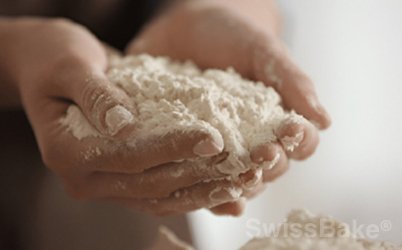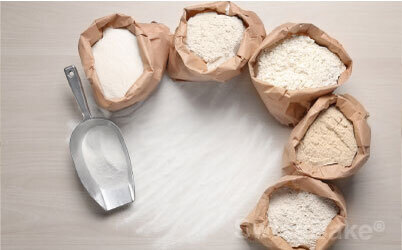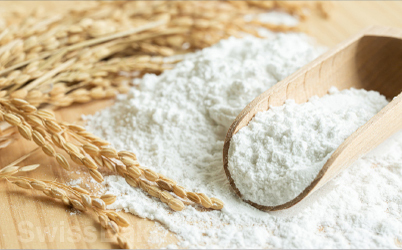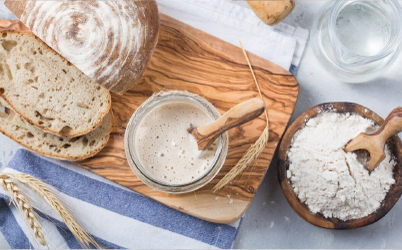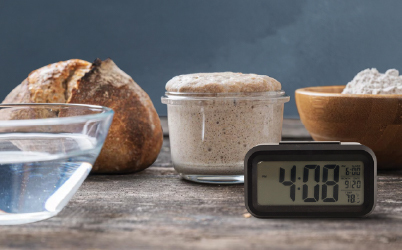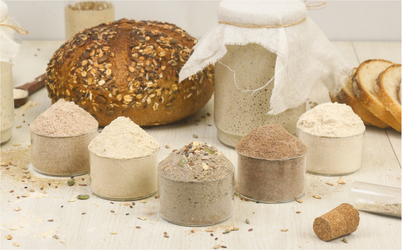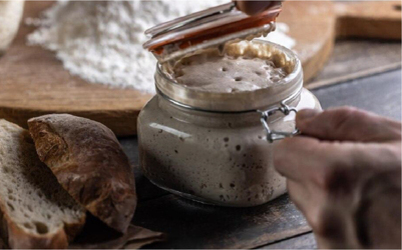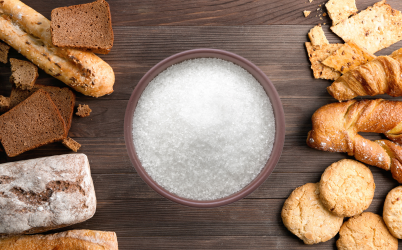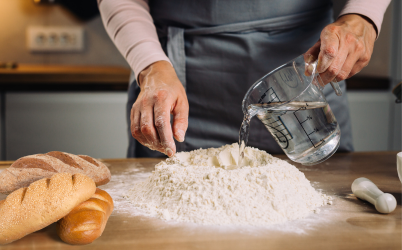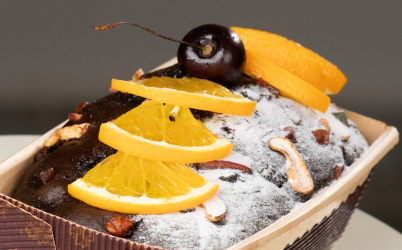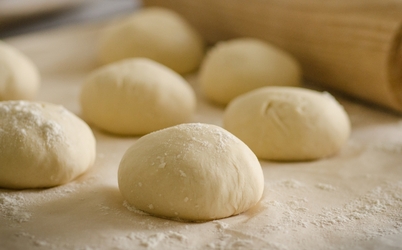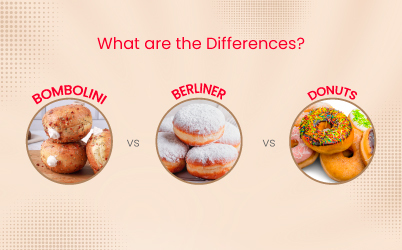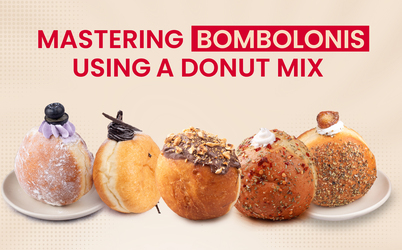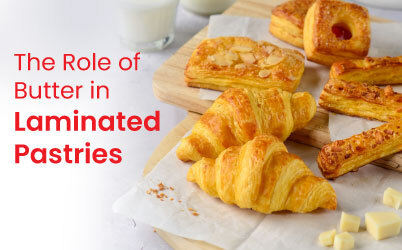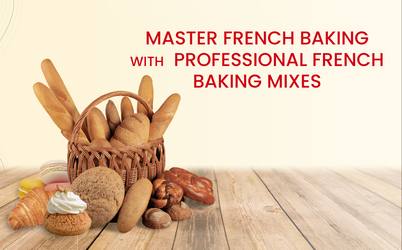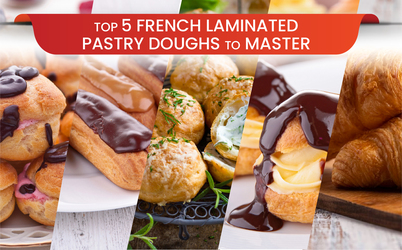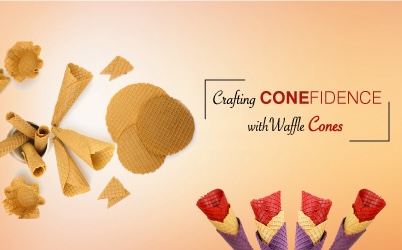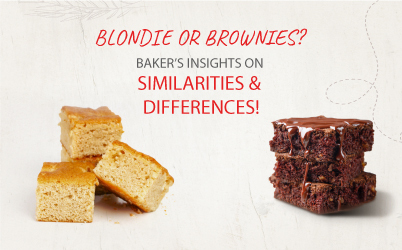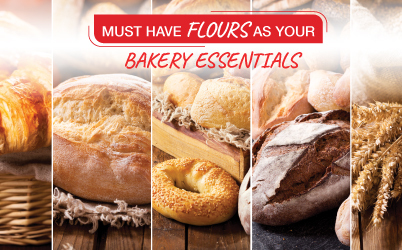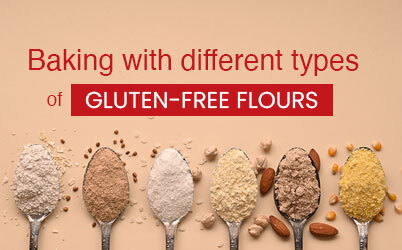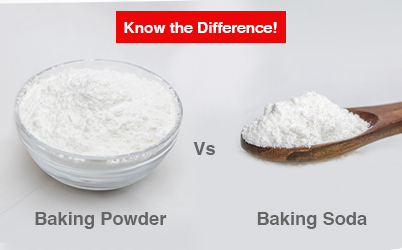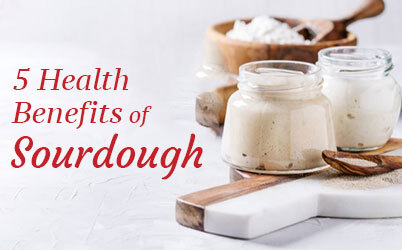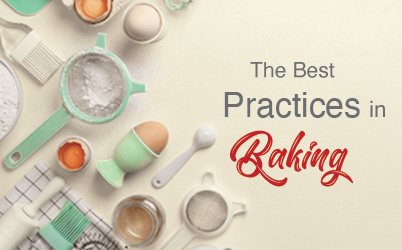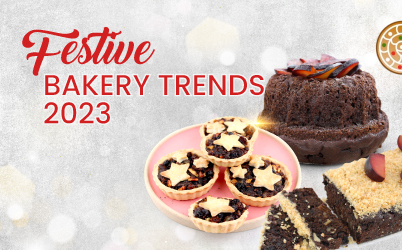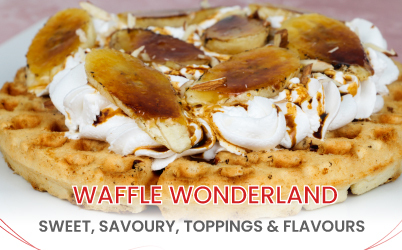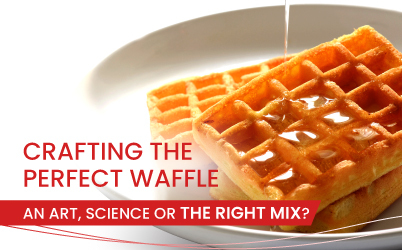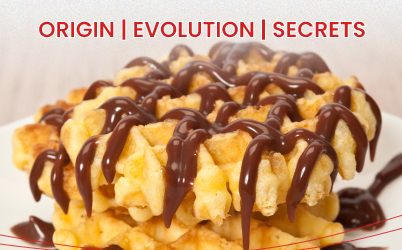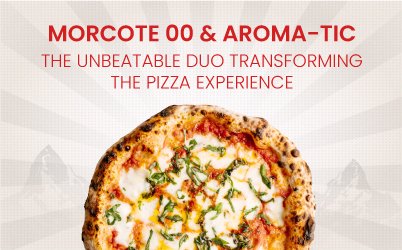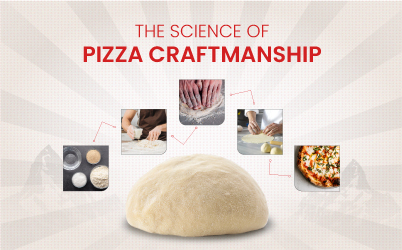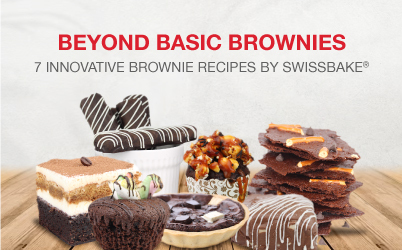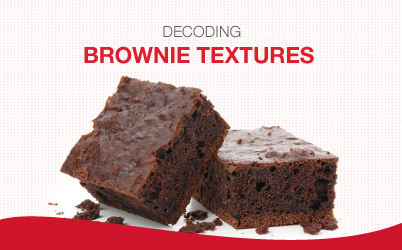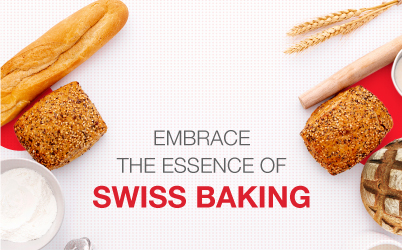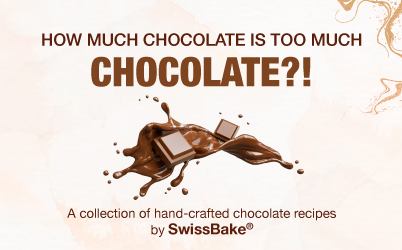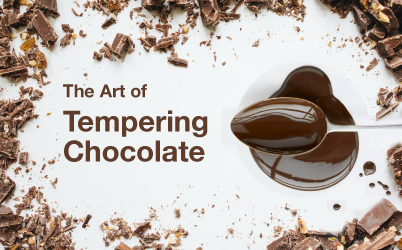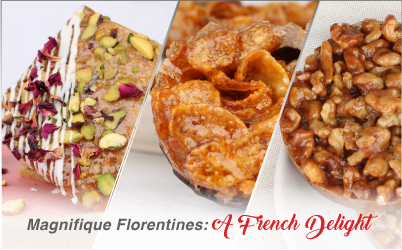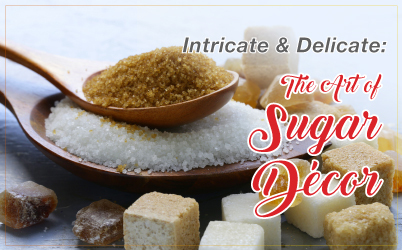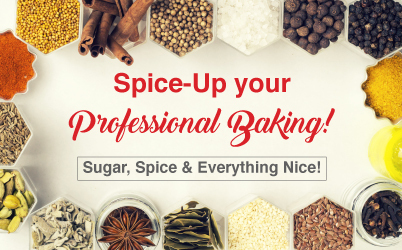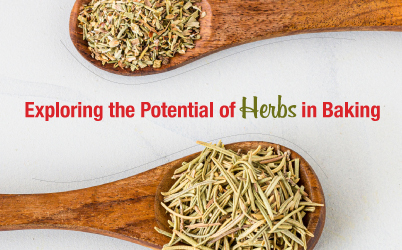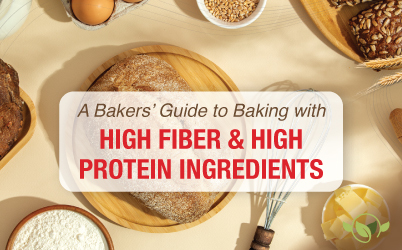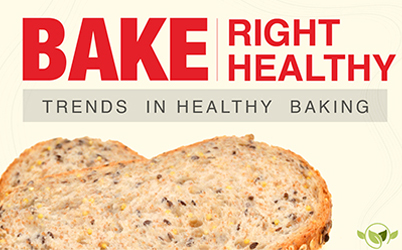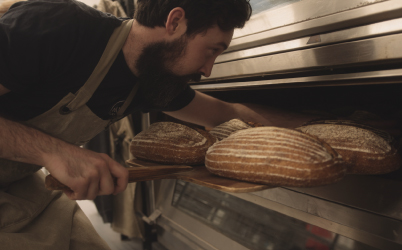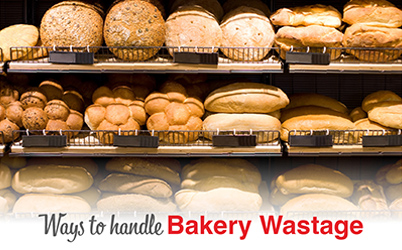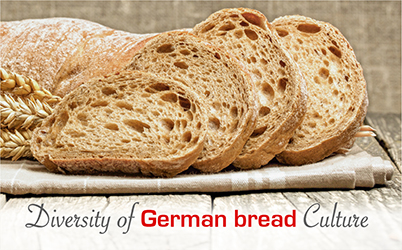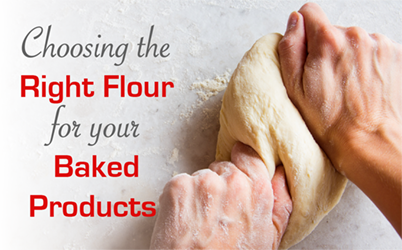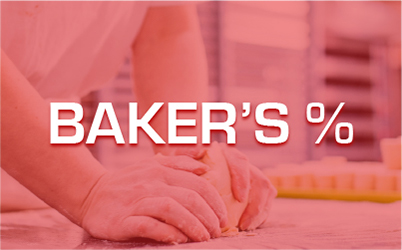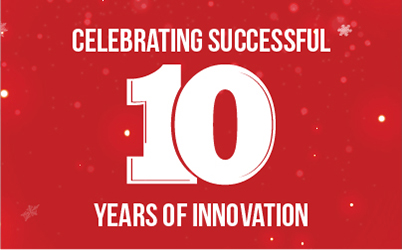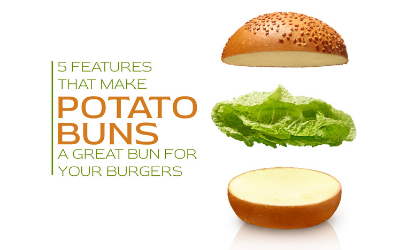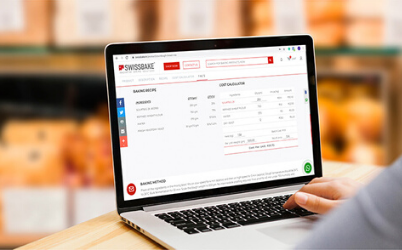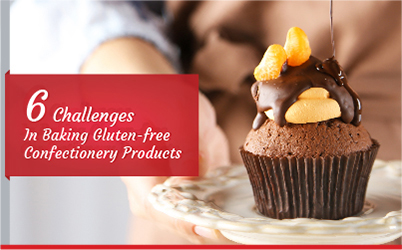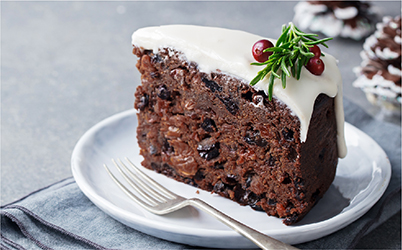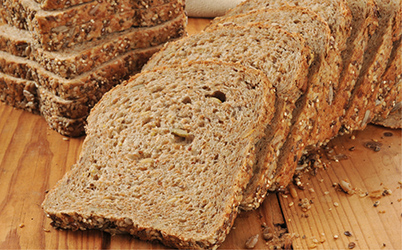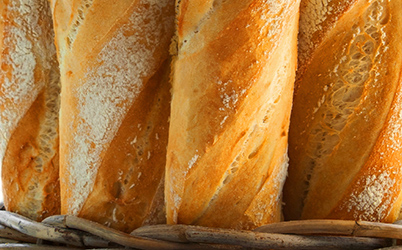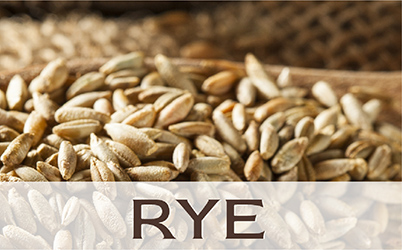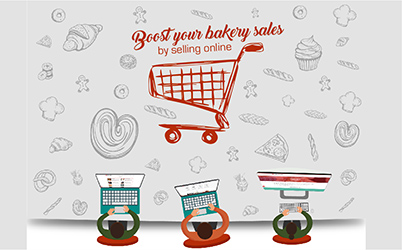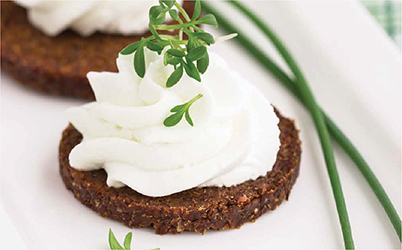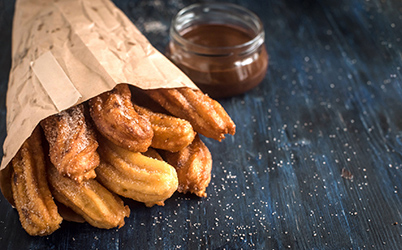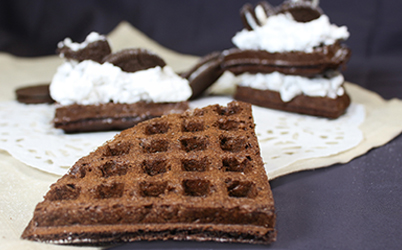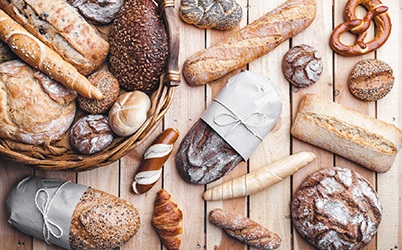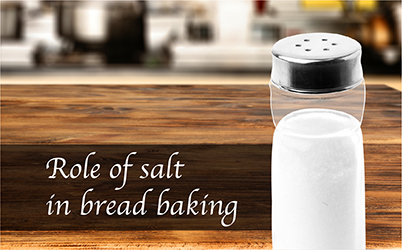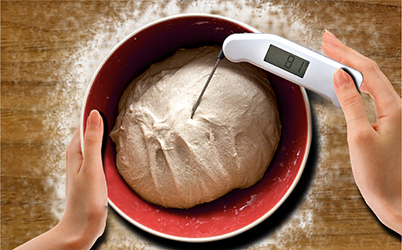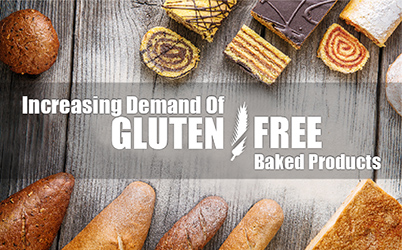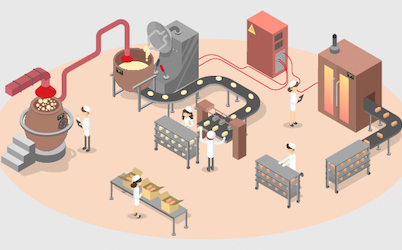Sourdough: A Brandable Baking Asset
In today’s saturated baking market, standing out isn’t just about how your bread looks or tastes—it’s about the story it tells. With consumers increasingly seeking authenticity, nutrition, and craftsmanship, sourdough has transcended its role as a fermentation method. It’s now a brandable asset—a narrative, a differentiator, and a signal of quality.
Whether you're an artisan bakery, QSR chain, or commercial bread manufacturer, sourdough can be a powerful brand-building tool. And thanks to simplified, artisan innovations like le’sourdo®'s dehydrated sourdough powders, bakers of all skill types and bakeries of all sizes can now claim sourdough credibility—without the operational complexity.
In this article, we explore how sourdough has evolved into a value-added marketing asset, how to leverage it in product development and branding, and why it's reshaping the way bakeries present themselves to a discerning market.
The Shift: From Ingredient to Identity
Traditionally, sourdough was viewed as a baking technique. Today, it’s much more than that.
• Sourdough means "real"
It speaks to time-honored methods, slow fermentation, and natural ingredients.
• Sourdough means "premium"
Whether in loaves, buns, or pizza crusts, the term signals artisanal quality and superior flavor.
• Sourdough means "wellness"
Consumers associate it with easier digestion, fewer additives, and gut-friendly fermentation.
That’s why brands that include the word “sourdough” on their packaging or menu often:
• Command a price premium
• Build trust and loyalty
• Tap into clean-label
• To “craft” segments
• Attract health-conscious and gourmet buyers
Seamless Integration with Modern Production
Traditional sourdough requires:
• Live starter maintenance
• Temperature and pH control
• Skilled fermentation timing
That’s unsustainable for most commercial bakeries. But Le’Sourdo® powders make sourdough:
• Shelf-stable
• Scalable
• Batch-consistent
• Cost-effective
Whether you're a 10-outlet café chain or a frozen pizza manufacturer, you can integrate sourdough into your formulations with ease—turning it into a branded system across SKUs.
Why Sourdough Has Branding Power?
Storytelling Through Fermentation
Sourdough isn’t just a process—it’s a narrative. It allows your brand to speak about:
• Time and patience
• Fermentation and craftsmanship
• Authenticity and natural baking
Marketing messaging becomes richer and more engaging:
“Our loaves are slowly fermented with natural le’sourdo® sourdough powders for 12 hours to develop full-bodied flavor and soft crumb—without a single preservative.”
Suddenly, you're not selling a loaf—you're selling a process, a belief, a promise.
Transparency and Clean Labels
Using sourdough—especially natural and additive-free versions like those from Le’Sourdo®—allows bakeries to remove preservatives, acidity regulators, and synthetic conditioners, while claiming:
• “Naturally leavened”
• “Slow fermented”
• “Made without additives”
• “Digestible & authentic”
This resonates strongly with today’s label-conscious customer.
Visual & Menu Differentiation
“Classic Ciabatta” sounds ordinary. “Slow-Fermented Sourdough Ciabatta” triggers curiosity and implies superior quality. The term “sourdough” is a brand cue in itself, much like “cold brew” in coffee or “aged” in cheese.
Consumer Perception = Value Creation
The word “sourdough” instantly elevates a product’s perceived value:
• More natural
• Handcrafted
• Healthier
• More flavorful
This allows bakeries to command higher price points, increase consumer loyalty, and strengthen brand equity—especially in competitive retail or hospitality environments
How Leading Brands Use Sourdough to Their Advantage?
• Retail Packaged Breads
Major European and American bread brands use sourdough to:
• Differentiate SKUs
• Create functional sub-lines (“gut-friendly,” “natural fermentation”)
• Offer gluten-moderate alternatives
• QSR Chains
Top fast-casual brands incorporate sourdough buns or pizza crusts for:
• Signature taste
• Menu segmentation (premium sandwich range, sourdough paninis)
• Clean-label innovation
• Artisan Bakeries
Boutique bakeries proudly showcase:
• Wild-fermented sourdough heritage
• Slow-rise schedules
• Organic, single-origin flours
le’sourdo® allows these benefits to be extended to larger bakery formats without losing storytelling impact.
How le’sourdo® Powers Brandable Sourdough Products?
le’sourdo® offers a collection of fermented flour powders developed specifically for professional bakery use.
? Easy to Integrate
• Use 3–7% of flour weight
• No feeding, discards, or microbiological maintenance
? Scalable
• Used in centralized commissaries, QSR chains, and frozen par-baked products
? Authentic Taste
• Developed using traditional fermentation techniques
• Retains natural lactic/acetic acid balance for real sourdough flavor
? Variants for Every Brand Need
• ROGGENARTE – Dark rye sourdough for bold, aromatic loaves
• GRANOARTE – Multigrain sourdough for health-forward breads
• AROMATIC – Active wheat sourdough for open crumb and aroma
• DURUM NATIVE – Mild, Mediterranean profile with clean notes
• MIEL-NATIVE – Wholemeal sourdough that adds richness and structure
With le’sourdo®, bakeries can build a sourdough narrative that aligns with their brand values—whether that’s tradition, health, luxury, or clean-label innovation.
Product Formats that Benefit Most from Sourdough Branding
? Artisan batards, boules, or baguettes
? Multigrain loaves and sandwich breads
? Sourdough burger buns or brioche alternatives
? Pizza bases, flatbreads, and focaccias
? Gluten-moderate or better-digestibility breads
? High-fiber, fermented functional breads for retail wellness lines
How Brands Can Activate the “Sourdough Asset”
Here’s how bakeries and brands can leverage sourdough for positioning:
Add Sourdough SKUs
Introduce variants in key product lines:
• Sourdough wraps
• Sourdough sandwich loaves
• Sourdough pita pockets
• Sourdough burger buns
Use Ingredient Branding
Mention your source clearly:
“Crafted with Le’Sourdo® fermented wheat sourdough powder for rich aroma and flavor.”
This adds transparency and a layer of quality credibility.
Educate and Communicate
Use in-store signage, social posts, and product cards to educate consumers:
• Why sourdough?
• What’s different?
• How it’s made (without artificial yeast)
Customers connect deeply with brands that share what’s inside and why it matters.
Co-brand or Create a Signature Range
Launch a signature line like:
• “Le’Sourdo™ Signature Crusts”
• “Fermented by Nature: Our Sourdough Collection”
• “Pro-Ferment Pizza Bases”
When sourdough becomes a system—not just a feature—you begin to build an ownable story.
Conclusion
Sourdough isn’t just a fermentation method—it’s a marketing engine. It signals quality, integrity, and tradition. And thanks to modern tools like le’sourdo® sourdough powders, bakeries of any size can harness this power with consistency and ease.
From artisan feel to commercial efficiency, sourdough has become a brand asset that rises with your ambition. le’sourdo®—Let fermentation build your flavor, and your brand.

